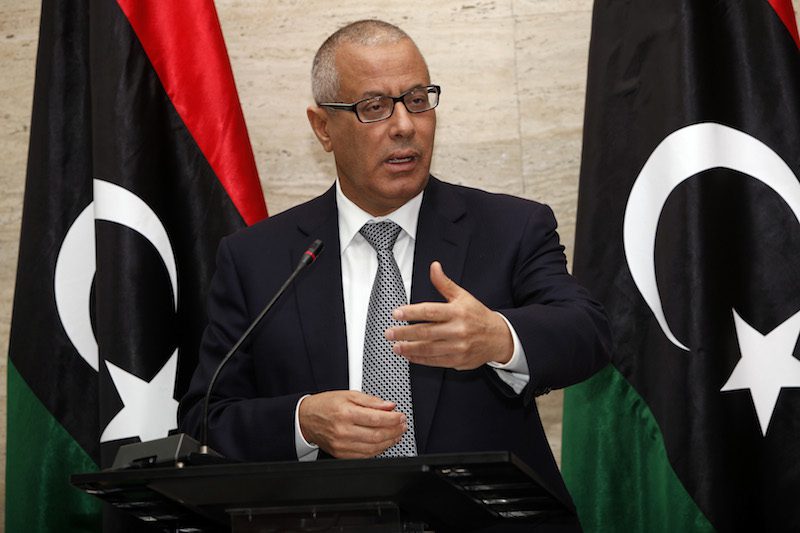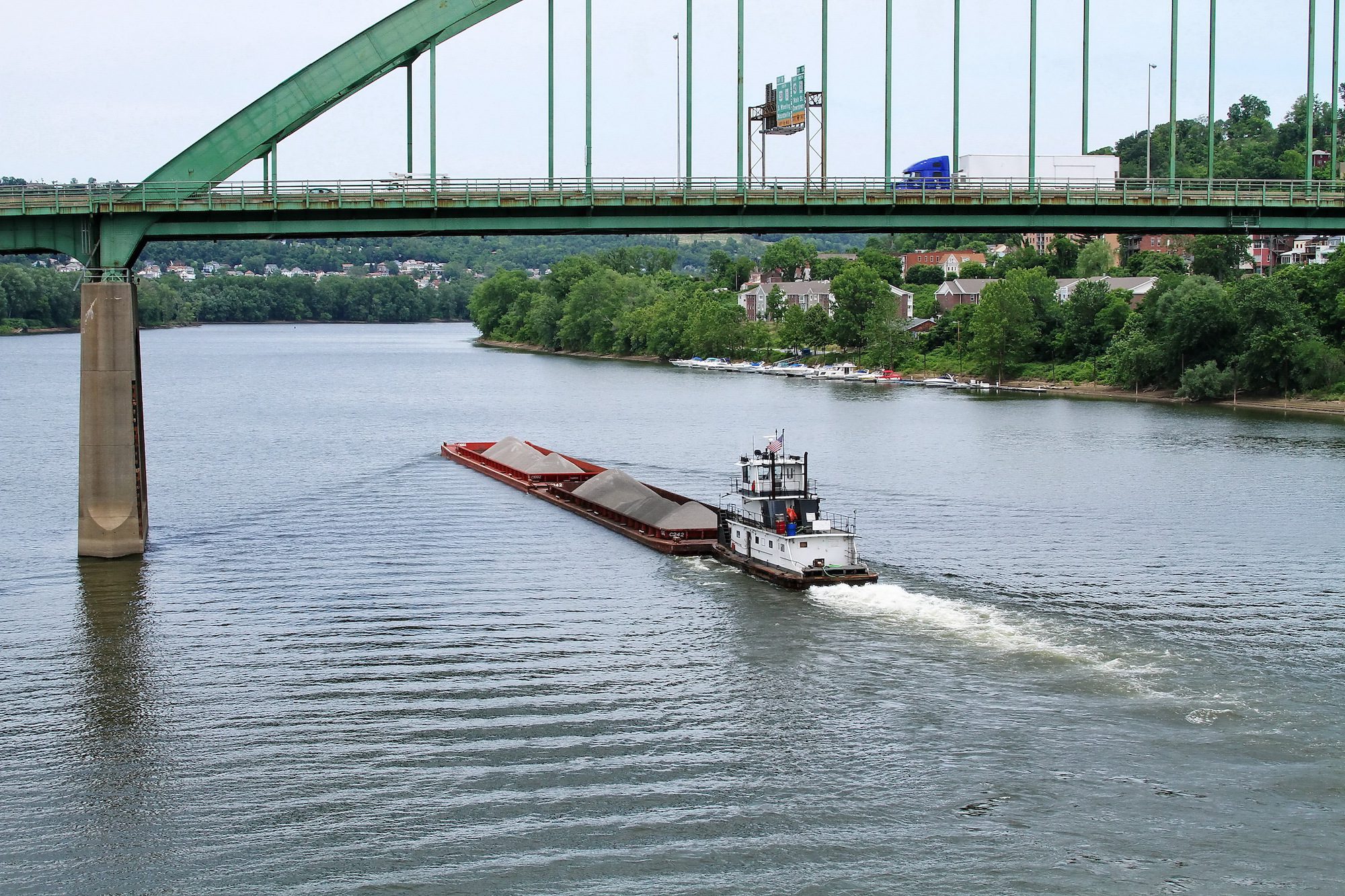Libya’s Prime Minister Ali Zeidan speaks during a news conference in Tripoli March 8, 2014. REUTERS/Ismail Zitouny
BREAKING: Libyan Navy Surrounds North Korea-Flagged Tanker After Loading Crude at Rebel Port
 By Ulf Laessing and Feras Bosalum
By Ulf Laessing and Feras Bosalum
TRIPOLI, March 8 (Reuters) – Libya threatened on Saturday to bomb a North Korean-flagged tanker if it tries to export oil from a rebel-controlled port east of Tripoli, in a major escalation of a standoff over the country’s petroleum wealth.
The rebels, who have seized three major ports since August to demand more autonomy, warned Tripoli against staging an attack to halt the oil sale after the tanker docked at Es Sider export terminal.
The oil standoff is one part of deepening turmoil in the North African OPEC member, where the government is struggling to control militias who helped topple Muammar Gaddafi in 2011 but kept their weapons and are challenging state authority.
A local television station controlled by protesters showed footage of pro-autonomy rebels holding a lengthy ceremony and slaughtering a camel to celebrate their first oil shipment.
In the distance, a tanker could be seen at what the station said was Es Sider, one of Libya’s biggest export terminals.
Prime Minister Ali Zeidan appeared hours later on several television channels to warn the tanker’s crew. “The tanker will be bombed if it doesn’t follow orders when leaving (the port). This will be an environmental disaster,” Zeidan said.
“They are now trying to load oil,” he said, denouncing it as a criminal act. Authorities have ordered the arrest of the tanker’s crew.
There was no immediate sign of the country’s nascent armed forces moving towards the port. Analysts say the military, still in training, would struggle to confront rebels battle-hardened from the eight-month uprising against Gaddafi.
“We tried to reach a deal with the government, but they and parliament … were too busy with themselves and didn’t even discuss our demands,” Abb-Rabbo Albarassi, self-declared prime minister of Libya’s eastern autonomy movement, told the station.
“If anyone attacks, we will respond to that.”
Officials at state-run National Oil Corp (NOC) confirmed the North Korean-flagged tanker had docked, but it was unclear whether the vessel had loaded any crude.
Any independent shipment would be a blow to the government. Tripoli had said it would destroy tankers trying to buy oil from Ibrahim Jathran, a former anti-Gaddafi rebel who seized the port and two others with thousands of his men in August.
Jathran had commanded a brigade of former rebels paid by the state to protect petroleum facilities. He defected with his troops, however, to take over the ports.
In January, the Libyan navy fired on a Maltese-flagged tanker which it said had tried to load oil from the protesters in Es Sider.
The North Korean-flagged Morning Glory, which was previously flagged in Liberia, had been circling off the Libyan coast for days.
The vessel had tried to dock at Es Sider on Tuesday, when port workers still loyal to the central government had told the crew to turn back.
Storage tanks at Es Sider and other seized ports are full, according to oil sources.
It is extremely unusual for an oil tanker flagged in secretive North Korea to operate in the Mediterranean region, shipping sources said.
A spokesman for NOC said the Morning Glory was owned by a Saudi company. It had changed ownership in the past few weeks and previously been called Gulf Glory, according to a shipping source.
PROTESTS
Western powers worry Libya will slide into deeper instability or even break apart as the government, paralyzed by political battles in parliament, struggles to assert control of a vast country awash with arms and militias.
At a Libya conference this week in Rome, Western countries voiced concern that tensions in Libya could slip out of control in the absence of a functioning political system, and urged the government and rival factions to start talking.
Libya’s government has tried to end a wave of protests at oil ports and fields across the vast desert state that have slashed oil output, the country’s lifeline, to 230,000 barrels per day (bpd), from 1.4 million bpd in July.
Tripoli has held indirect talks with Jathran but his demand for a greater share of oil revenues for the east, like the region had under Gaddafi’s predecessor King Idris, is sensitive for a government that worries this might lead to secession.
Jathran has teamed up with another set of protesters blocking oil exports at the 110,000-bpd Hariga port in Tobruk, also located in the east.
Libya’s defense minister held talks this week with protesters blocking the 340,000-bpd El Sharara oilfield in the south but NOC has not confirmed whether it will reopen soon.
The protesters, from a tribal minority, want national identity cards and a local council, demands the minister has promised to study. (Additional reporting by Ghaith Shennib and Ayman al-Warfalli; Editing by Patrick Markey and Dale Hudson)
© 2014 Thomson Reuters. All rights reserved.

 Join The Club
Join The Club











